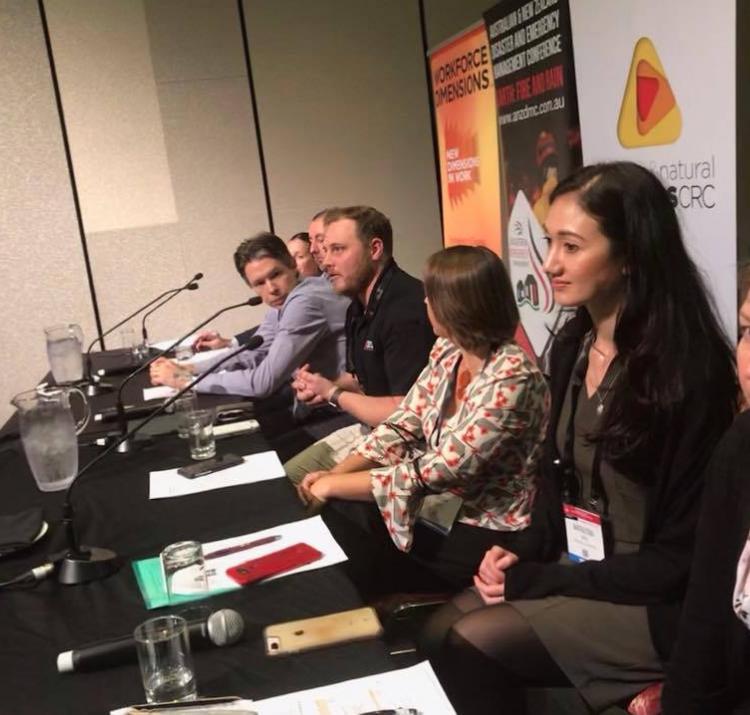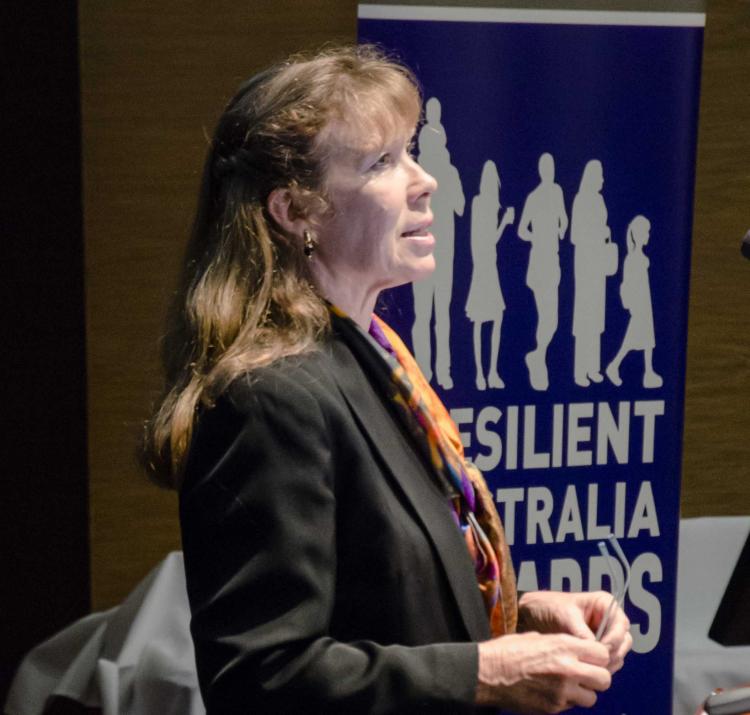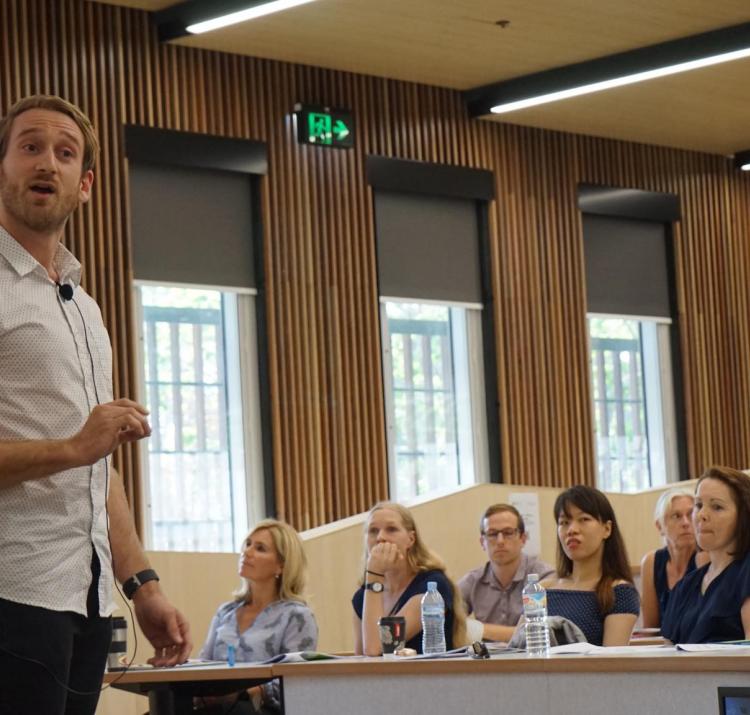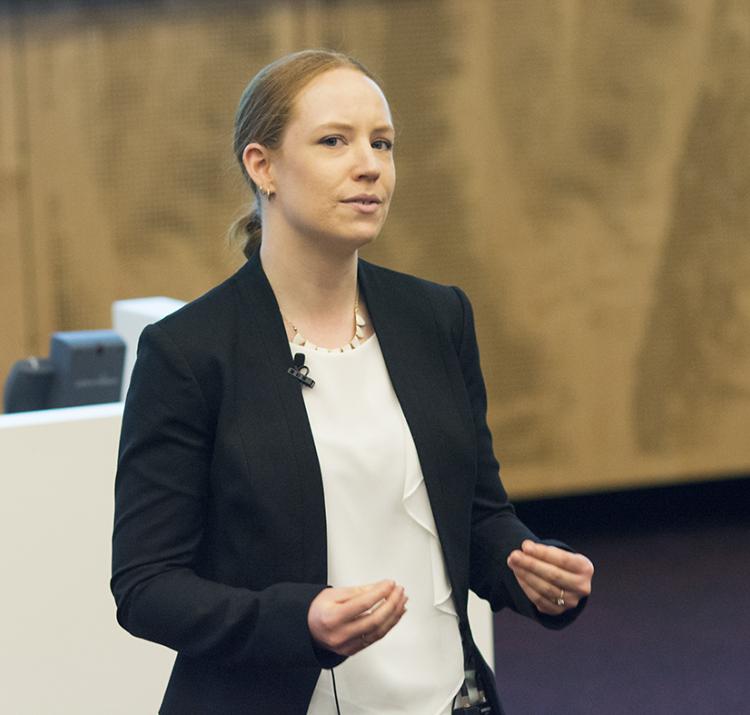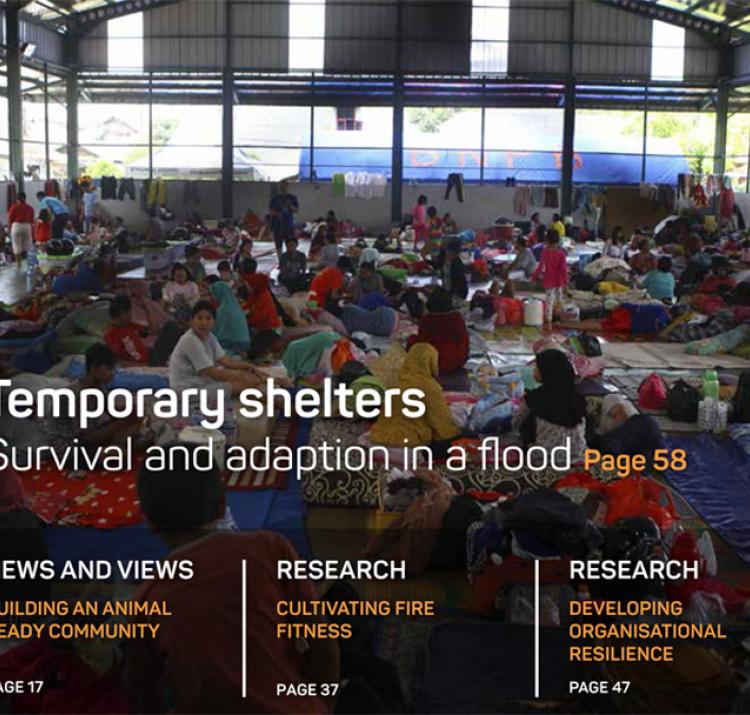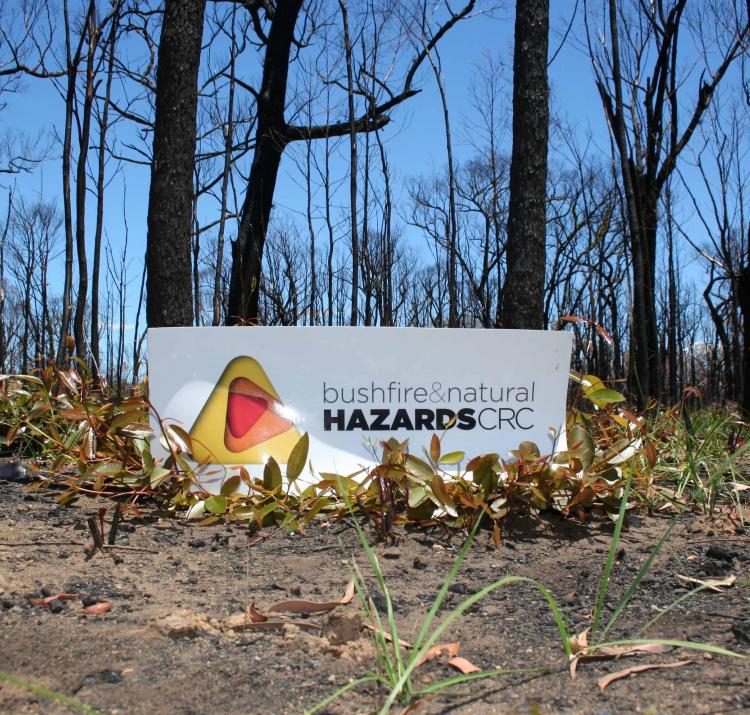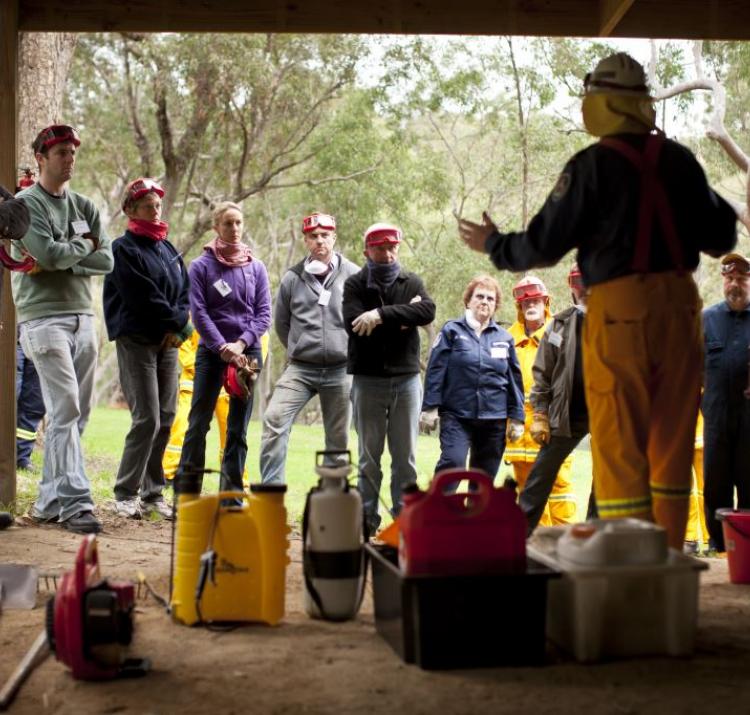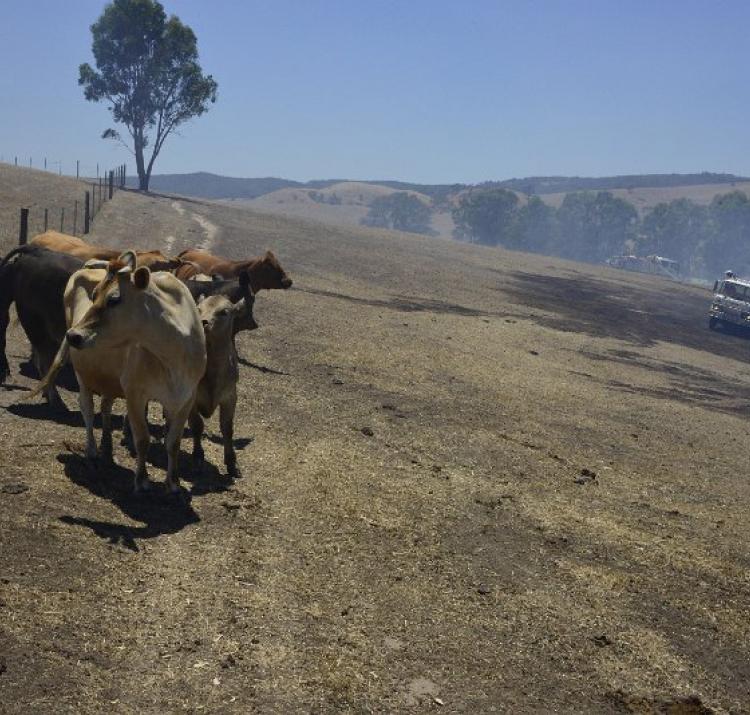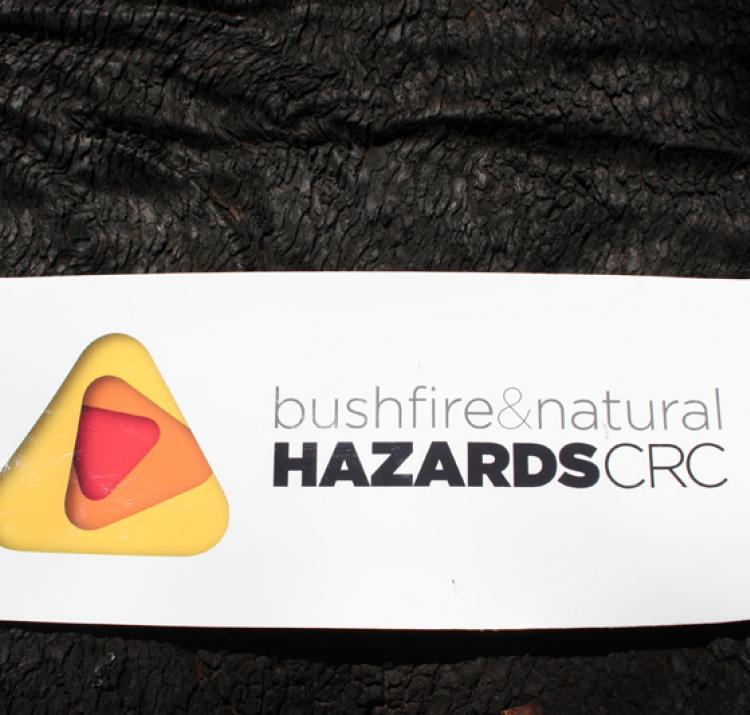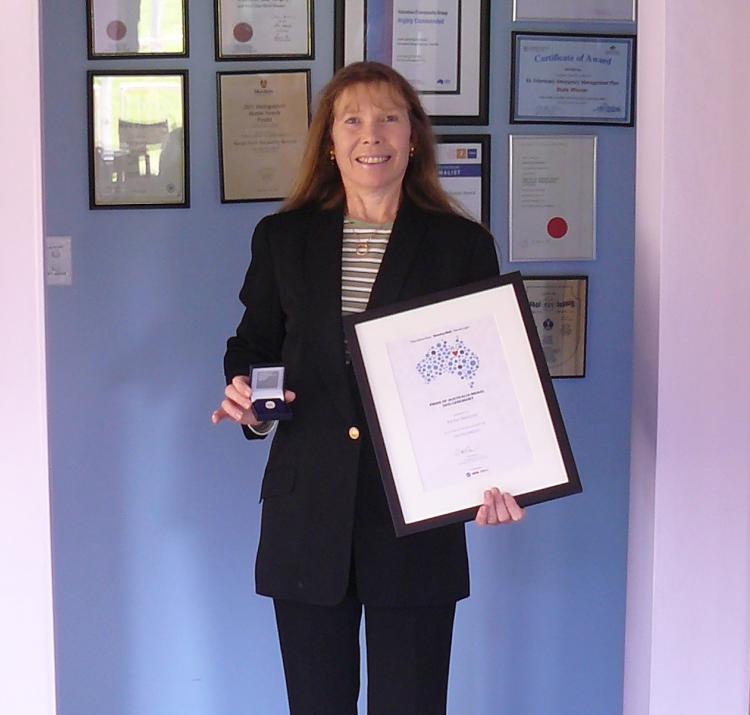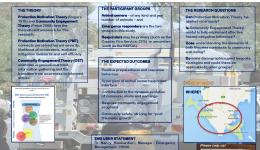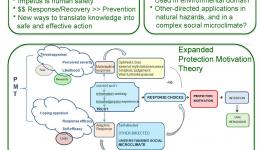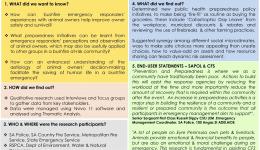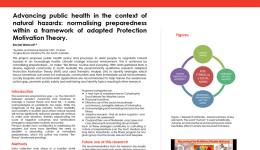Student researcher
This research sought to discover and recommend proactive strategies to strengthen and improve human safety and well-being in a changing climate of natural hazards. People’s ability to navigate their daily lives within an environment of worsening natural hazards is an adaptive public health and safety priority - given the predicted global increase in frequency and severity of extreme weather events. There is an urgent need to strengthen and normalise people’s preparedness behaviour, and to connect it with an unequivocal understanding of the benefits of such changes. Enhancing people's adaptive responses will help to avoid, or at least minimise, associated human trauma and tragedy. This project was undertaken on the Lower Eyre Peninsula in South Australia, a location with diverse animal ownership, a 15-year history of severe fires and a resourceful regional community.
This project was completed in March 2018.
| Date | Title | Download | Key Topics |
|---|---|---|---|
| 07 Jul 2015 | Rachel Westcott PhD Progress Report 2015 |
|
|
| 07 Jul 2017 | Three Minute Thesis: becoming fire-fit without really noticing |
|
education, resilience |
| 02 Aug 2017 | Three Minute Thesis: Rachel Westcott - Showcase 2017 | communities, mitigation, resilience | |
| 07 Sep 2017 | Narrowing the awareness-action gap: cultivating a culture of routine all-hazards preparedness through public policy initiatives |
|
communities, policy, risk management |
| 08 Mar 2019 | Dr Rachel Westcott - early career researcher entry 2019 |
|
communities, preparedness, resilience |
| 24 May 2019 | Public health and natural hazards: New policies and preparedness initiatives developed from an Australian bushfire case study |
|
decision making, emergency management, fire |
| 30 Sep 2020 | Promoting fire-fitness: a proactive approach to enhancing preparedness |
|
communities, emergency management, resilience |


